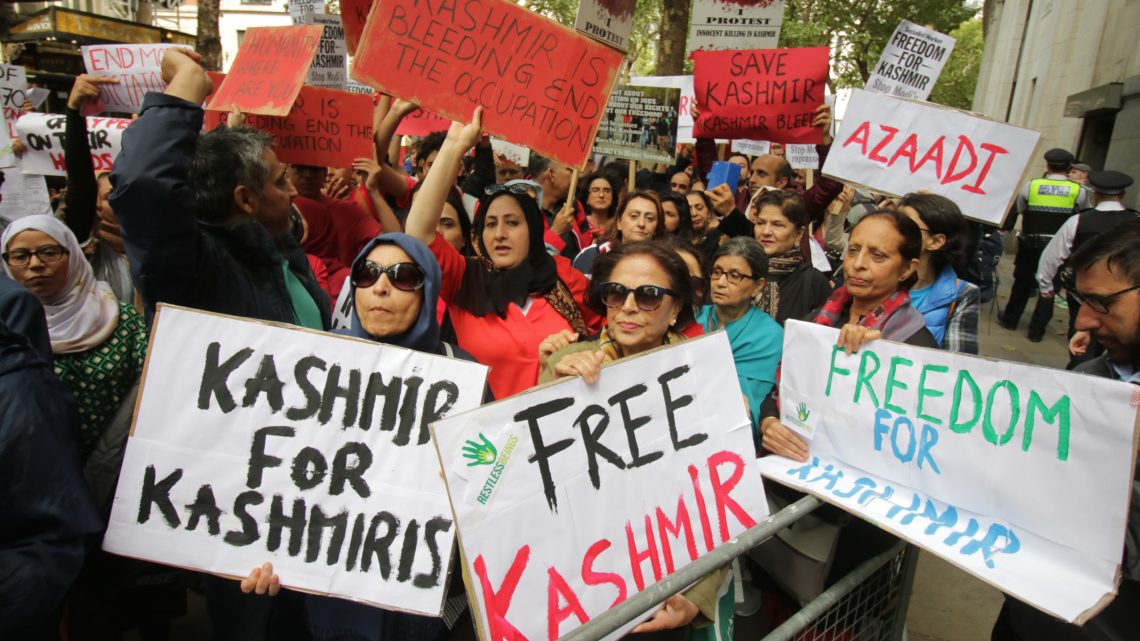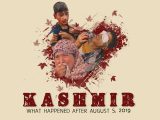
Kashmir’s Struggle for Freedom: Post-Article 370 Abrogation
August 2, 2024On August 5, 2019, the Indian government revoked Jammu and Kashmir’s special status, bifurcating the region into two Union Territories. This move, framed as a step towards integration and development, has led to a severe erosion of fundamental freedoms in the region.
Despite claims of reduced violence, the repression of basic rights remains a pressing issue. Arbitrary detentions, extrajudicial killings, and widespread human rights abuses continue to plague the region. The international observers have voiced concerns over the ongoing restrictions stifling civil liberties in Kashmir.
Indian authorities have justified their actions by citing a decline in political violence. However, recent events tell a different story. A surge in violence since June 2024 in the Jammu region resulted in 15 Indian forces personnel and 9 civilian deaths, revealing ongoing instability despite official claims of improved security.
After abrogation of 370 Article, a troubling pattern of arbitrary detentions and extrajudicial killings. Indian forces have been accused of using excessive force and conducting arbitrary arrests under the guise of counterterrorism operations. Civil society activists and political leaders, like Nazir Ahmad Ronga and Mian Abdul Qayoom, have faced severe repression under draconian laws such as the Public Safety Act (PSA).
Despite signs of normalcy, such as tourism and economic activities, a sense of disillusionment persists among the people of Jammu and Kashmir. The lack of genuine political engagement and continued repression of freedoms have created an atmosphere of fear and resentment, undermining prospects for peace and stability in the region.

